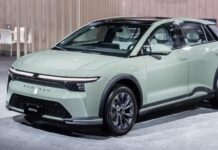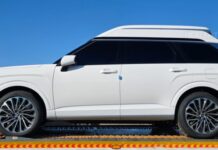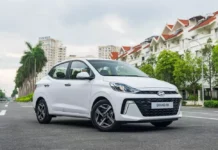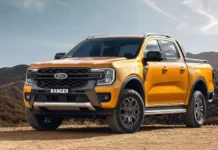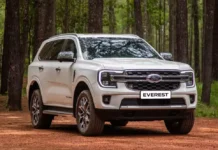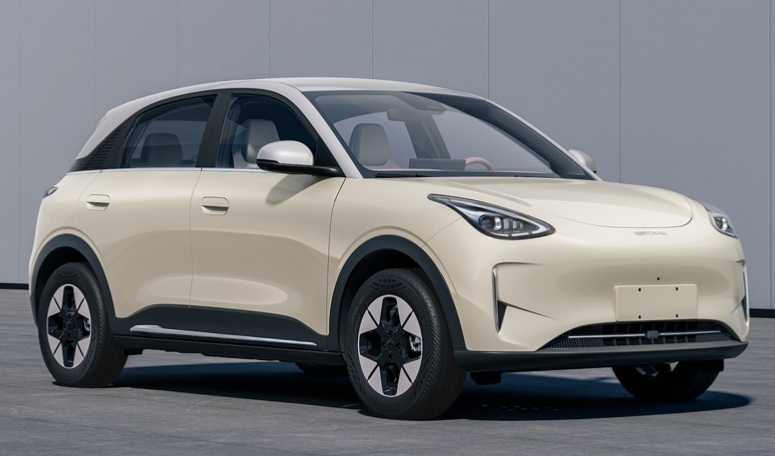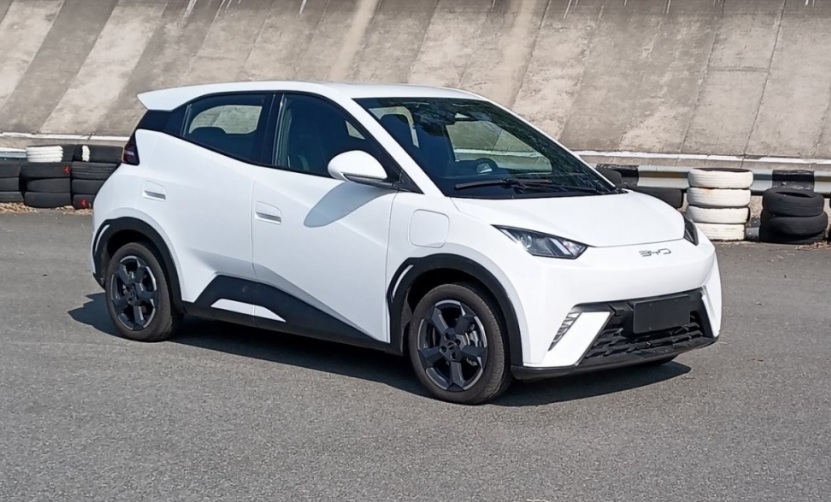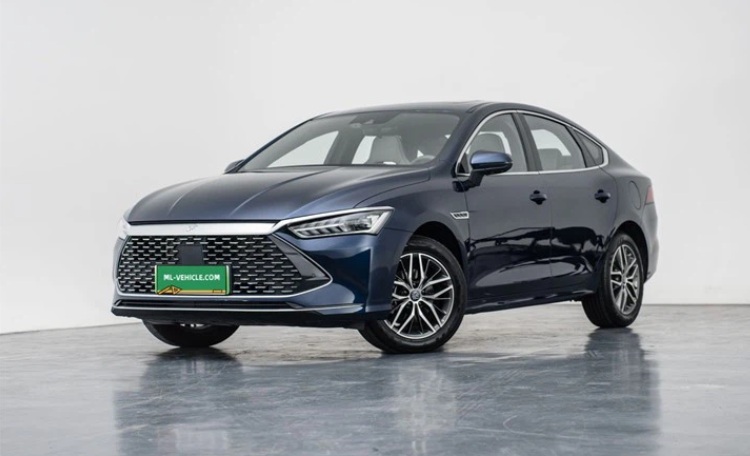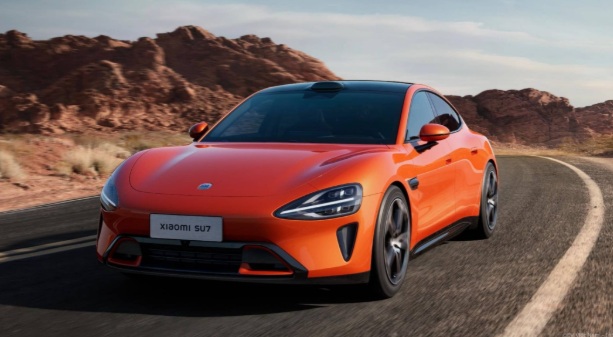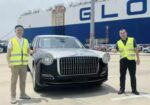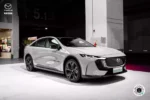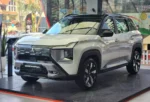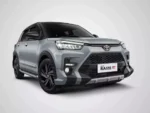According to a report from the China Automobile Dealers Association (CADA), the new energy vehicle (NEV) market in the country continued its impressive growth trajectory in May 2025.
Total sales for the month reached 1.021 million vehicles, marking a 28.2% increase from the same period last year and a 12.1% rise compared to April.
Of these, battery electric vehicles (BEVs) accounted for the lion’s share with 607,000 units sold, equivalent to 59.4% of total NEV sales for the month.
Notably, the top spot in sales was not claimed by the usual leader, BYD, but by an emerging brand: Geely. Specifically, their Geome Xingyuan model emerged as China’s best-selling new energy vehicle in May, with 38,715 units delivered, outperforming both Seagull and Qin Plus – BYD’s flagship products.
Introduced in October 2024, the Geome Xingyuan quickly made waves in the market due to its strategic pricing and technology offerings. The vehicle is available with three powertrain options: hybrid, plug-in hybrid (PHEV), and battery electric (EV). The EV variant is offered in five trim levels, priced between 78,800 and 107,800 Chinese yuan (approximately $11,800 to $16,100).
With its flexible product strategy and competitive pricing, the Geome Xingyuan is emerging as a direct threat to BYD’s affordable vehicle offerings.
Despite ceding the top position, BYD remains a powerhouse, with their core models, the Seagull and Qin Plus, securing the second and third spots, respectively. BYD sold 31,105 units of the Seagull and 29,328 units of the Qin Plus in May.
The Seagull, BYD’s affordable urban electric vehicle, is considered the market leader in the entry-level EV segment, while the Qin Plus represents a popular choice in the mid-range PHEV sedan category.
Ranking fourth among China’s best-selling vehicles in May was the Xiaomi SU7, with sales reaching 28,013 units. This positive result brings the model’s total sales for the first five months of 2025 to an impressive 132,467 units, a remarkable feat for an automotive industry newcomer.
The rise of Geely’s Geome Xingyuan signifies an intensifying competitive landscape in China’s NEV market, particularly within the affordable and mid-range electric vehicle segments. While BYD remains the dominant force in the overall market, rivals such as Geely, Xiaomi, and Leapmotor are swiftly expanding their market share by introducing feature-rich, competitively priced models.
With its current growth momentum, China solidifies its position as the world’s largest and most dynamic NEV market, where domestic automakers simultaneously fuel and benefit from intense competition.
TH (Tuoitrethudo)
The Extravagant Dubai Tycoon: A Peek into the World of Luxury with a $1.7 Million Hongqi Guoli Limousine Purchase
Stanislav Semenov, the enigmatic founder of Dubai-based quantitative trading firm, Eqvilent, has sparked intrigue with his recent order of an ultra-luxurious automobile: the Hongqi Guoli. This Chinese-made supercar has caught the attention of the industry, as Semenov is known for his discerning taste and appreciation for exquisite craftsmanship.
Spending Spree: Vietnam’s Auto Import Bill Hits $12 Million a Day Since January
The Vietnamese automobile market witnessed a significant surge in imported cars over a four-month period, with approximately 65,000 completely built-up units entering the country. This substantial influx of vehicles contributed to a remarkable total import turnover of over $1.4 billion, showcasing a thriving automotive industry in Vietnam.
The Big Bosses of BYD and Geely in a Fiery Verbal Spar at the 2025 Chongqing Auto Forum.
Tensions Escalate at the 2025 Chongqing China Auto Forum as BYD, Geely, and Great Wall Motor (GWM) Executives Trade Barbs.
The recent public exchange of criticism between senior leaders of these prominent Chinese automakers has brought to light the deepening divide within the country’s electric vehicle (EV) industry.


